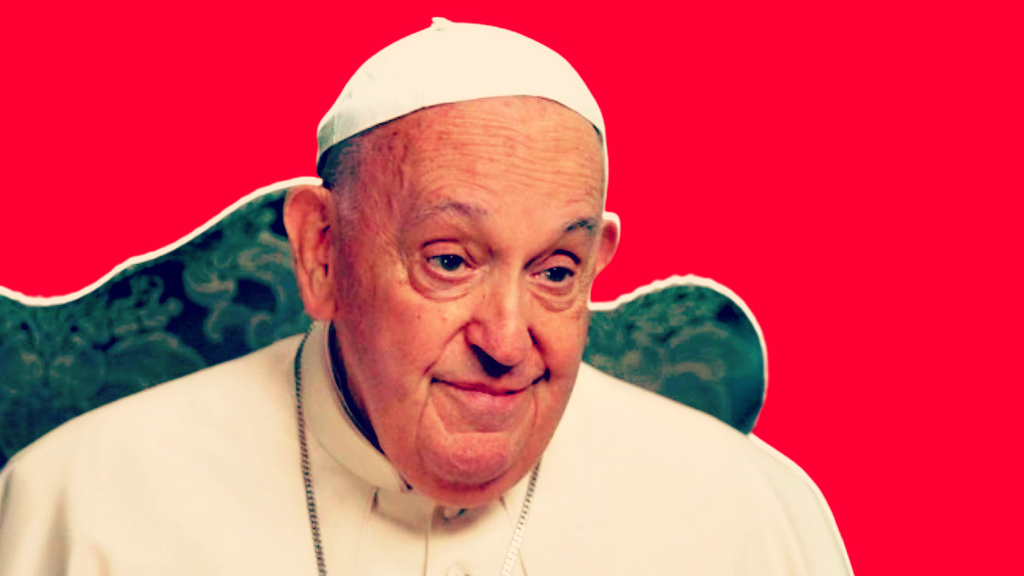In August, Pope Francis made headlines by condemning Israel’s military actions in Gaza, calling them “terrorism” during his recitation of the Angelus prayer at St. Peter’s Square. His remarks stirred controversy as they simplified the intricate dynamics of the Israeli-Palestinian conflict and undermined Israel’s right to defend itself amid ongoing attacks. This outcry comes in the wake of Hamas’s unprecedented coordinated assault on Israel on October 7, 2023, which left approximately 1,195 people dead, including a significant number of civilians, according to Israeli authorities. The pope’s statements provoked immediate backlash for appearing to ignore the terrorist activities initiated by Hamas and framing Israel’s defenses in a negative light.
The severe attack on October 7 not only resulted in casualties but also aggravated an already critical hostage crisis, with reports indicating that over 250 individuals, including civilians and members of Israeli security forces, were taken into Gaza. Human Rights Watch subsequently documented various possible war crimes committed during this period, highlighting indiscriminate attacks on civilians and severe violations of international humanitarian law. The pontiff failed to address these violations in his remarks, instead choosing to focus on the collateral damage of the ensuing conflict. He referenced an emotional incident to vilify Israeli Defense Forces (IDF) actions but left out crucial considerations about the urban warfare environment, where strategies employed often involve using civilian areas as shields.
Compounding the complexity of the situation, Pope Francis appeared to conflate war with terrorism in his statements. His assertion that, “It’s war, it’s terrorism,” reflects a troubling oversimplification of the realities faced on the ground by both Israelis and Palestinians. By invoking scripture—“God makes wars cease… he breaks bows and breaks spears”—the pontiff called for prayers for peace, but many interpreted his words as a stark condemnation of Israel’s military responses rather than an equitable view of the conflict’s nature. With such statements, Francis risks alienating those who view Israel’s actions as self-defense and potentially undermining the credibility of international responses to terrorism.
Significantly, Pope Francis’s calls for an international investigation into whether Israel’s actions in Gaza constitute genocide mark a new and controversial development in his stance toward Israel. This request is highlighted in excerpts from a forthcoming book and indicates a growing concern within the Vatican regarding the humanitarian implications of the conflict. The Pope’s past comments on perceived immorality and disproportionateness of Israel’s military actions, including justifying an investigation into genocide allegations, have fueled discussions around potential accountability. Such statements may inadvertently influence discourse on foreign policy and international attitudes toward Israel, fostering a polarized environment amidst an already contentious crisis.
The accusations and narratives emerging from the pope’s remarks highlight the complexity of India’s diplomatic relationship with both Israel and Palestine. While the Vatican traditionally supports peace-talks and dialogue in escalating conflicts, the recent statements can be interpreted as taking a side in a deeply rooted struggle on issues that resonate globally, particularly among those advocating for human rights. Additionally, the pope’s call for investigations and humanitarian assessments can complicate existing frameworks for international assistance and intervention in Gaza, especially when significant aid flows and diplomatic engagements are at play.
In summary, Pope Francis’s recent comments and calls for investigations into Israel’s actions amidst the ongoing conflict in Gaza reveal a complex intertwining of spiritual, moral, and political dimensions. By labeling Israeli actions as terrorism and raising questions of potential genocide, Francis enters a contentious discourse that has ramifications for international relations and humanitarian efforts. These developments illustrate the precarious balance between advocating for peace and addressing allegations of war crimes, thereby impacting the broader understanding of the Israeli-Palestinian conflict while underscoring the necessity for nuanced dialogues in conflict resolution and humanitarian intervention.

